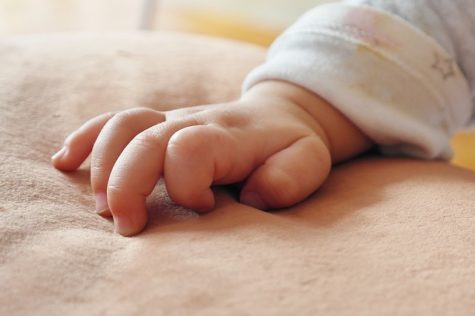PADUA, Italy — Handedness may be determined far earlier than you might think. Whether a child will turn out left- or right-handed can be predicted with stunning accuracy just 18 weeks into a mother’s pregnancy, a new study finds.
Researchers at two Italian universities used a 4D ultrasound scan device to examine the movements of 29 midterm fetuses at three distinct points, eventually comparing their prenatal findings of manual dominance to those shown by the same offspring nearly a decade later.

Depending on the parameters used, dexterity-based preferences shown in the womb were — incredibly — anywhere between 89 and 100 percent consistent with preferences shown by the same children at age nine, with statistical precision increasing the further a fetus was developed.
These findings are made all the more astounding by the fact that most toddlers do not begin to even actively use their hands until well after birth, much less begin to show an inclination for using one hand over the other, the researchers note.
Early-life handedness may also serve as a reliable indicator of other characteristics, the researchers suggest, as previous research has shown such traits to be correlated with preferring one cerebral hemisphere over the other.
Substantial cerebral asymmetry, in turn, can lead to mental health and cognitive issues, such as depression, schizophrenia, and autism spectrum disorders.
By looking at apparent dexterity imbalances before a child is born, medical professionals may be able to halt or prevent any potential developmental problems, the researchers argue.
Whether these findings change how handedness is perceived in the nature versus nurture argument remains to be seen, but they certainly bring new talking points to debates over early-life development.
The study’s findings were published in the journal Scientific Reports.

Un do your desensitized indoctrination of the fetus terminology , it’s called a baby. We have sperm and we have the egg put them together and we have ” baby” .